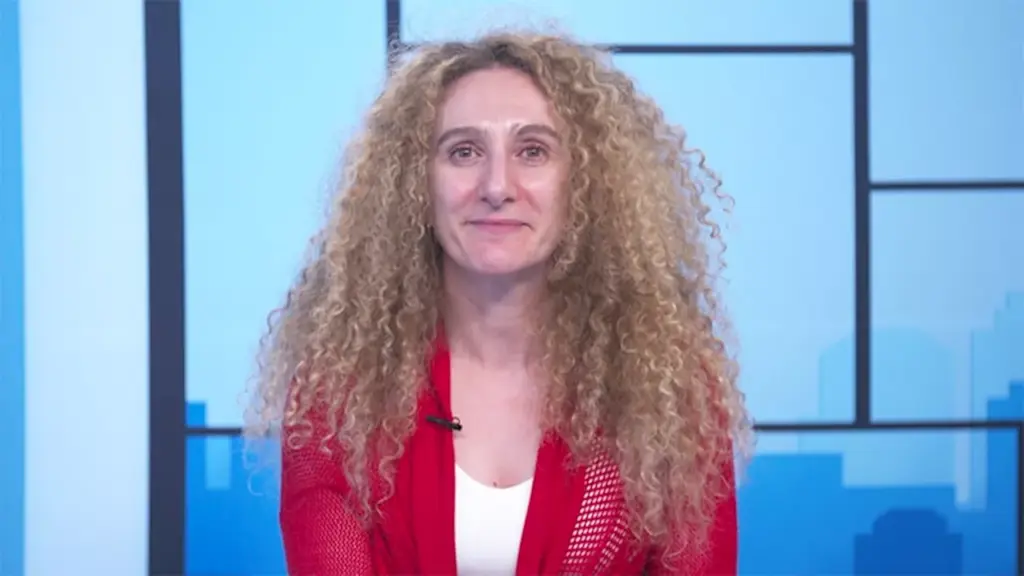
Dr. Teresa Amaral presented groundbreaking insights into melanoma research during the 2025 ASCO (American Society of Clinical Oncology) annual meeting. The discussions focused on three key areas: the innovation of Tumor-Infiltrating Lymphocytes (TILs), strategies to reduce treatment toxicity, and the surprising impact of dietary fiber on patient outcomes.
The advancements in TIL therapy are particularly noteworthy. Researchers have been developing methods to enhance the efficacy of TILs, which are immune cells that can recognize and attack cancer cells. This approach has shown promise in improving response rates among melanoma patients. According to studies presented at the conference, TILs have demonstrated a significant increase in overall survival rates, highlighting their potential as a powerful tool in cancer treatment.
In addition to TIL innovation, Amaral emphasized the importance of lower-toxicity strategies in melanoma therapies. Traditional treatments often come with severe side effects that can compromise a patient’s quality of life. As a result, researchers are exploring options that maintain effectiveness while minimizing adverse reactions. The findings suggest that new formulations and treatment regimens could lead to better patient compliance and overall satisfaction.
Furthermore, the role of dietary fiber in cancer treatment outcomes has gained attention in recent years. Amaral shared findings indicating that a diet rich in fiber may correlate with improved responses to melanoma therapies. This connection underscores the importance of holistic approaches in cancer care, where nutrition plays a vital role alongside medical interventions. The research suggests that dietary adjustments could enhance treatment efficacy and potentially contribute to longer survival rates.
The ASCO 2025 meeting served as a pivotal platform for discussing these advancements. With over 30,000 oncology professionals in attendance, the event facilitated the exchange of cutting-edge research and clinical practices. Amaral’s presentation not only highlighted the latest findings but also reinforced the need for continued innovation in melanoma treatment.
As the landscape of melanoma therapy evolves, the integration of TIL advancements, reduced toxicity strategies, and nutritional approaches may reshape patient experiences and outcomes. The ongoing research, fueled by conferences like ASCO, holds promise for future breakthroughs in the fight against melanoma.







